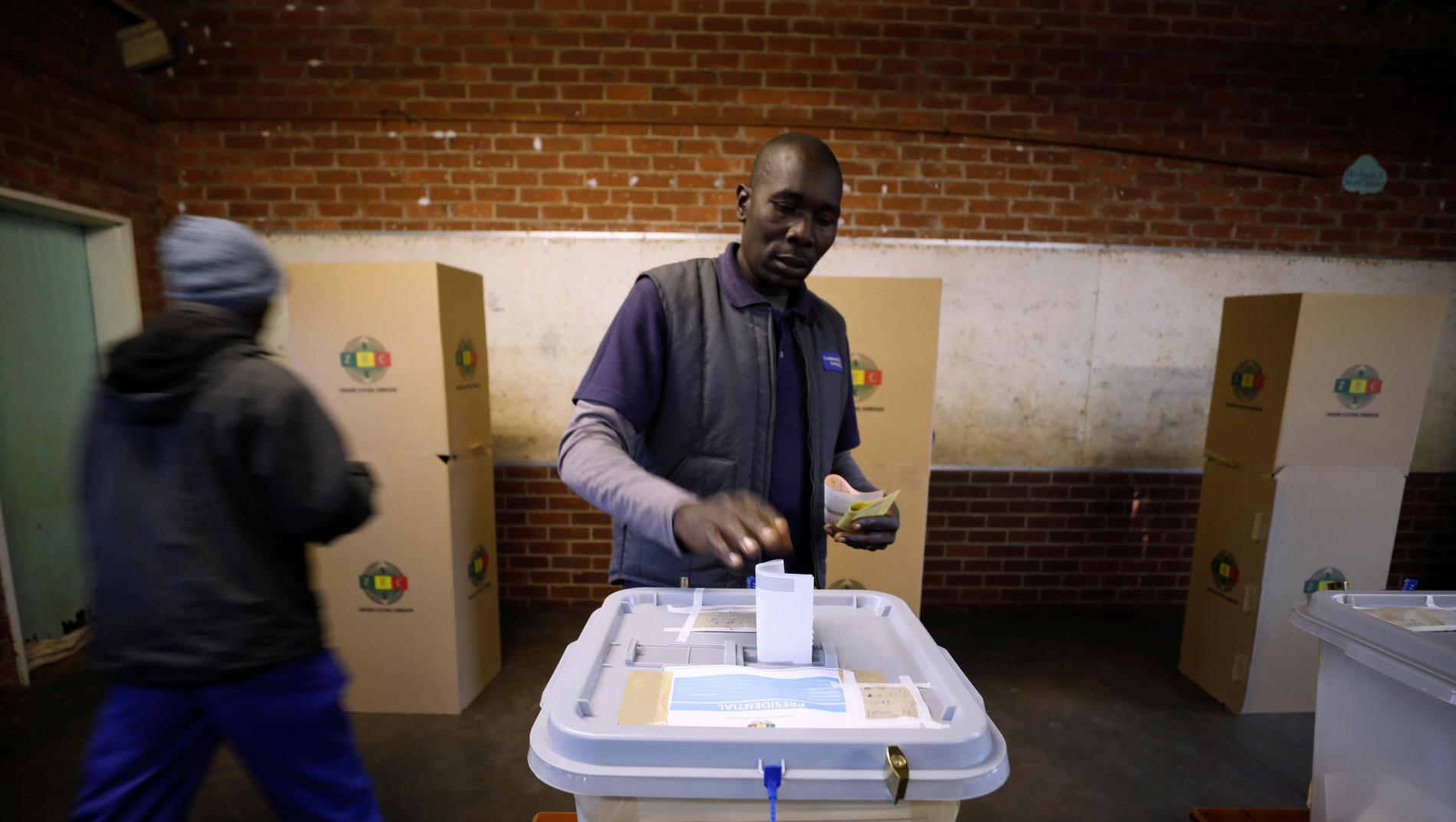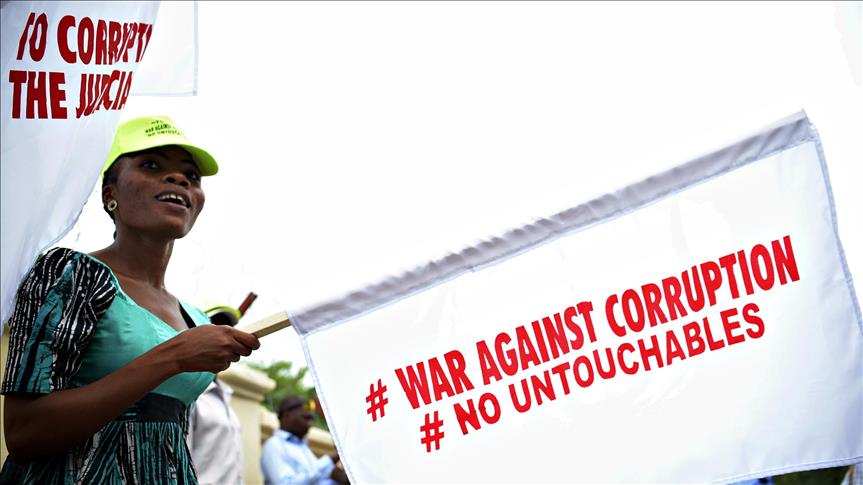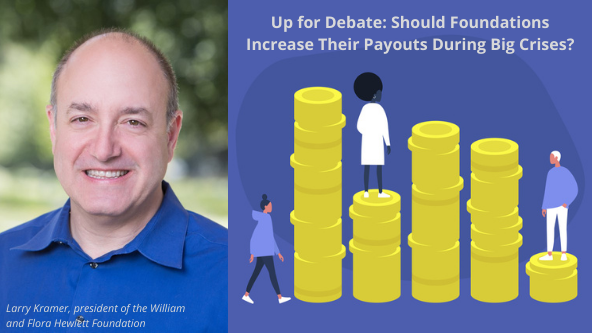Highlights
- Electoral prospects (cyber troop tested)
- Anti-corruption to the rescue?
- Pay to let stay
- Data visions
- Shift the power 2021-style
- TAI Spotlight: Picturing accountability
Electoral prospects (cyber troop tested)

Photo Credit: Reuters/ Mike Hutchings via Quartz Africa
Africa’s 2021 electoral calendar is daunting – 26 scheduled elections amidst a tidal wave of rising authoritarianism, fragmentation, and growing footprint of Islamist violence; Open Society’s Chidi Odinkalu provides an overview. Sadly, Uganda has not started the cycle auspiciously with the opposition contesting the results, an internet shutdown, and its leader Bobi Wine under seeming house arrest. Given such events, more credence to Nic Cheeseman’s critique of the authoritarian development model and “authoritarian aid.”
Across Africa, as across the globe, manipulation of public opinion through social media remains a growing threat to democracies. Oxford Internet Institute’s 2020 survey confirms social media manipulation campaigns operate in 81 countries, up from 70 countries in 2019. Disinformation has become a standard tool in political communication. What to do? Ronald Deibert offers some ideas in his new book Reset: Reclaiming the Internet for Civil Society that is now top of TAI’s reading pile. There is an urgency to his call for governments, CSOs, universities, and consumer groups to play active roles in building restraints into online systems.
No doubt that the painful recent events in Washington, DC were fueled by online disinformation. Hewlett Foundation’s transparency, participation, and accountability team reflect that it is past time Americans and funders from the global north learn — with humility — to strengthen governance, civil society, and democracy.
Looking worldwide, a new Swedish-commissioned study finds that democracy aid positively affects democratization processes rather than preventing backsliding in aid-receiving countries, while its parallel study finds it is more effective when aid is channeled through civil society rather than the public sector. Good to read alongside a new paper affirming the importance of procurement reform to protect aid money that also offers some reassurance that the controls that donors may insist upon can effectively prevent money from going astray.
Anti-corruption to the rescue?

Photo Credit: Anadolu Agency
Can the incoming Biden Administration’s proposed Summit of Democracy galvanize renewed democratic protections? Frances Brown, Tom Carothers, and Alex Pascal lay out ways it could be constructive, not least a focus on policies to control corruption that are “key to solving the problem of accountability that haunts so many democracies.”
Of course, it will have more credence if the U.S. is proactive in getting its own house in order. To that end, Nate Sibley and Ben Judah offer 70 recommendations for the incoming Biden Administration and Congress to fight authoritarian corruption.
Such measures can also help with the health crisis. Take the case of Thailand, where scandals reveal how corruption is enabling the spread of COVID-19. “Transparency and accountability are what we are looking for. Public health is at risk,” notes professor Thitinan Pongsudhirak.
Want inspiration on what measures to take? The Journal of Civic information has a whole issue dedicated to government transparency and access during the pandemic. Or, read up on the concept of supply chain “control towers” being tested in Ghana’s public health system with promise to increase end-to-end visibility, reduce cost, and improve decision – intriguing for transparency and accountability advocates focused on health contracting and quality.
Meanwhile, Open Data Services Cooperative Director Jack Lord explores how beneficial ownership and procurement transparency can support each other, while Drew Sullivan examines practices used by media development implementers and donors to spur investigative reporting (all the more needed amid the fallout of the pandemic).
Pay to let stay
It’s January, so time for planning. Accountability Lab lay out their plan for the year while EITI Director Mark Robinson outlines six shifts and opportunities to advance EITI implementation in 2021. First is to consider the energy transition, followed by addressing corruption.
Staying on natural resource governance, Vanessa Baudin Sanchez discusses how extractive industry data in West Africa can be used to support affected communities while Visual Capitalist presents a sobering visual of China’s dominance of rare earth production, and Alex Readhead and Thomas Lassourd explore implications of global tax reform prospects for the mining sector.
UN WIDER digs into what the spike in demand for lithium and cobalt for electric vehicles mean for countries exporting those minerals, but what of increasingly exposed fossil fuel producers? A new Open Oil report also explores the feasibility of paying indebted oil-rich countries to leave the black stuff in the ground. We will need more such creative ideas to shift incentives and, in turn, climate trajectories.
Talking of debt, Peter Nagle and Naotaka Sugawara highlight what the pandemic means for international debt in five charts. Not a pretty picture.
TPA Full Disclosure: Wilson Prichard on tax, accountability, and finding your voice

Will Prichard, Assistant Professor at University of Toronto and CEO of the International Centre for Tax and Development (ICTD), discusses what motivates him to work on tax and civil society roles on tax in particular. He pinpoints challenges and opportunities for taxation in sub-Sahara Africa, plus some good advice for his younger self.
Data visions
Ranil Dissanayake has a new year’s resolution for the global development community: invest in better data, especially on basic data like GDP and Population. Yet there is also potential for far more comprehensive data harvesting – a new report highlights the opportunities that governments have at their disposal to let them better understand citizens’ needs. (Though governments would do well to heed recommendations to increase trust within big data and A.I. systems.) An example of how smart use of data can help government service delivery comes from the Front Door team in Scotland working to improve children’s services.
Lest we get carried away by the hype of big data, thought leaders from New Light Technologies, 3ie, The World Bank, and the University of California explore the future of traditional ground surveys and conclude big data won’t replace traditional surveys any time soon. Of course, that’s no excuse for failing to build up local data skills as core to development efforts. (Want to know what you need? Don’t forget TAI’s So, you want to hire a data person?)
Shift the power 2021-style
Diversity will (we hope) remain a priority in 2021, not least in the transparency and accountability field. The Open Government Partnership is urging national action plan stakeholders to bring more women and gender diverse perspectives into their plans. On the funder side, Phil Buchanan makes a similar call to foundation boards to promote diversity and inclusion in their composition, while Jim Reardon highlights why women don’t get ahead at nonprofits and what to do about it.
A consortium of NGO partners has curated nineteen case studies into a new book offering inspiration for responsible transitions of programming and power from INGOs to local actors. Such inspiration is also needed in the research community. Checkout the Bukavu cartoon series online exhibition, which explores the power dynamics between researchers from the Global North and the Global South (see launch event in calendar section below).
USAID offers a meta-evaluation across seven sectors of their programming in Liberia (a reminder of the value of a solution in context approach when thinking about what type of evidence to look for beyond your own work.) Pair with Priya Chattier and Tara Davda’s series of resources for applying political insight in practice, plus this piece from Christian Seelos, Sara Farley, and Amanda L. Rose on the don’ts of system change and pathological behaviors that are more compatible with systems thinking.
Essential Read: Foundation payout policy in economic crises

Hewlett Foundation President, Larry Kramer, kicks off a discussion about increasing payouts during an economic crisis. Read his keynote article and responses to his argument from other philanthropy leaders, including heads of other TAI members, Ford and MacArthur Foundations.
TAI Spotlight: Picturing accountability
Picturing accountability | Transparency and Accountability Initiative
As practitioners and researchers working on transparency and accountability, we frame our messages about such complex failures with hard facts. Yet wordy arguments and statistical data rarely provide a clear or compelling frame for accountability. Naomi Hossain and Ismail Fedous explore what photography means for accountability.
Philanthropy should take risks | Ford Foundation
Ford Foundation President Darren Walker calls on philanthropy to take more risks to achieve greater impacts. Plus, we welcome Tony Bebbington, who takes up the role of Director of Natural Resources and Climate Change.
Lasting impact in Mexico | MacArthur Foundation
President John Palfrey reflects on the Foundation’s impact and legacy in Mexico as they close their office in Mexico after 35 years of grantmaking.
Hewlett Foundation Mexico program retrospective and evaluation | Hewlett Foundation
As part of the retrospective and evaluation of 23 years of grantmaking in Mexico, Hewlett Foundation Program Officer David Sasaki speaks with former Hewlett Program Officer Alfonsina Peñaloza (now at Co-Impact) on working at the Foundation, differences in work culture between California and Mexico, and how to better support work on gender, transparency, participation, and accountability. Plus, don’t miss highlights from the Foundation’s annual grantee conference call – top discussion points were the pandemic, safeguarding U.S. elections, and addressing systemic racism. Leer traduccion en espanol aqui.
U.K.’s overseas territories to introduce ownership registries | Foreign Commonwealth and Development Office
U.K. former colonies, including Gibraltar, the Cayman Islands, and the British Virgin Islands, have all agreed to introduce public registers of company owners by 2023, a move that could shed light on hundreds of thousands of companies in offshore jurisdictions.
A call for greater inclusion of civil society in European climate pact | Open Society Foundations
Open Society European Policy Institute welcomes the European Climate Pact. They have listed four key ways the Pact can achieve its ambitious and worthy goal.
Job Listing
- Open Contracting Partnership consultancies on U.S. local and federal procurement – January 22, 2021
- Researcher vacancies at the Tax Justice Network: Latin America and Francophone Africa – January 31, 2021
- Finance and Operations Director, Publish What You Pay – January 31, 2021
- Policy consultant at Accountability Counsel – Ongoing
- Job postings at C4AD – Ongoing
- Job postings at Oxfam – Ongoing
- Job postings at Hewlett Foundation – Ongoing
- Job postings at MacArthur Foundation – Ongoing
- Job postings at Open Society Foundations – Ongoing
- Job postings at Luminate – Ongoing
- Job postings at Ford Foundation – Ongoing
- Senior Policy Advisor for Civic Space at Oxfam America – Ongoing
Call/ Opportunities
- The RightsCon call for proposals – January 26, 2021
- I-RAnT! Nigeria Influencing Grant – February 7, 2021
- European Commission public consultation on sustainable corporate governance initiative – February 8, 2021.
- Soros Justice Fellowship –February 17, 2021
- Call for submissions to SSIR Series: Social change in an era of extreme polarization – Last Thursday of every month until early 2021
- USAID’s Development Innovation Ventures (DIV) grant funding – Ongoing
- BetterTogether Challenge for innovators – Ongoing
- Call for research proposals Tax and civil society – No Deadline
- Free Digital Security Training – Ongoing
- Open Road Alliance Charitable Grant and Loan to organizations responding directly to COVID-19 – Ongoing
- Pulitzer Center Coronavirus news collaboration challenge – Applications will be reviewed on a first-come, rolling basis
- Call for proposals: Informality, tax, and the state – Proposals accepted on a rolling basis
Calendar
- Knowledge Production in the Global South: Launching the (Silent) Voices Bukavu Expo – January 21, 2021 (4 PM, London Time)
- Mining Data in Action: Building Trust and Transparency – February 15, 2021
- Democracy, civil society, and digital technology – February 17-18, 2021
- 2021 Data on Purpose conference – February 17-18, 2021
- Data on Purpose: Democracy, Civil Society, and Technology: February 17-18, 2021


